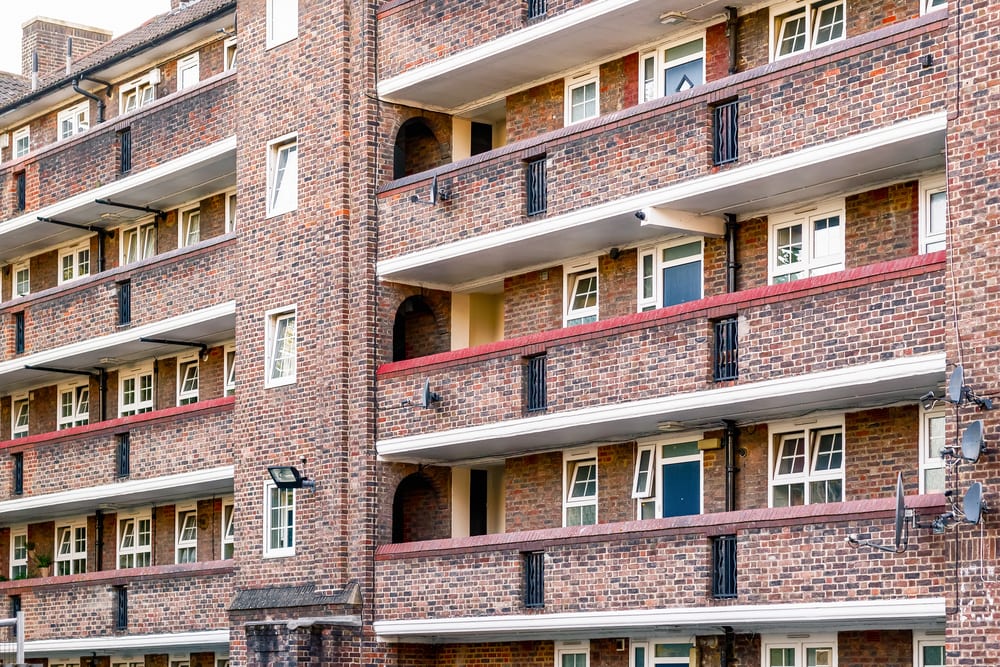The vacant and derelict land task force has recommended compulsory sale of derelict property
New laws are needed to force landlords into selling derelict property which is blighting communities, a report said.
Compulsory sales orders were among a series of recommendations from the vacant and derelict land task force set up in 2018.
It was asked to assess ways of bringing mostly urban land, which would cover an area twice the size of Dundee, back into productive use.
More money for local authority-led regeneration was also recommended.
The compulsory sales orders would be used for long-term “stuck” sites where the owner is not actively managing the property. It would mean communities could apply for land to be put on the open market without having the burden of purchasing it themselves.
Scottish Land Commissioner Andrew Thin, who chaired the task force, said: We must see urban land as a reusable resource, one that can be brought back into viable life to the betterment of local communities and the wider economy.
He said, Scotland’s legacy of derelict land reaches into all communities, but our research shows that it is areas of most economic disadvantage that have the greatest concentration. These sites could instead be assets for their communities, providing much needed green space, growing space, community facilities, housing or businesses.
A register of disused land was set up 30 years ago but the amount of land on it – about 11,000 hectares – has barely changed.
The report said that register should be reformed, digitised and made publicly accessible to help promote investment opportunities. It said a system should be created so that “unavoidable” biodiversity loss in greenfield developments could be offset by improvements to derelict sites elsewhere.
Communities Secretary Aileen Campbell welcomed the report from the task force and said: Bringing these sites back into use can deliver multiple benefits such as providing space for housing, growing food and playing, as well as helping to reduce crime and antisocial behaviour, attracting more inward investment and improving people’s wellbeing, whilst supporting our transition to becoming a net-zero society.
She added that the Scottish government would work with the Scottish Land Commission and other stakeholders to “develop detailed proposals based on its recommendations to help deliver a culture change in Scotland’s approach to vacant and derelict land”.
The report said an important part of that is stopping the flow of sites ending up on the register. It said funding should only be made available to responsible landowners who do not allow property to become derelict.
Public land lying empty should also be identified and brought back into use, it added.






